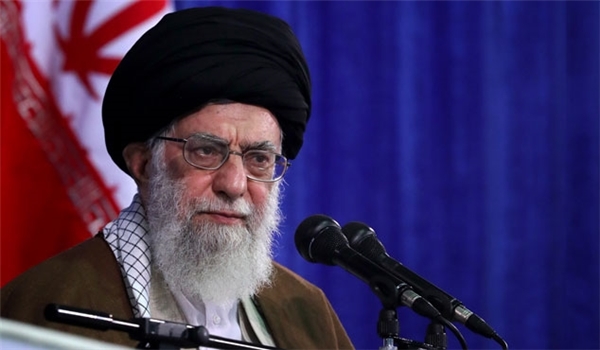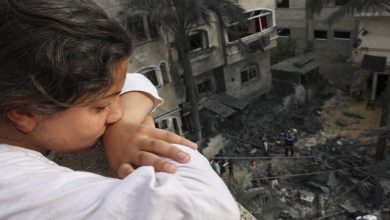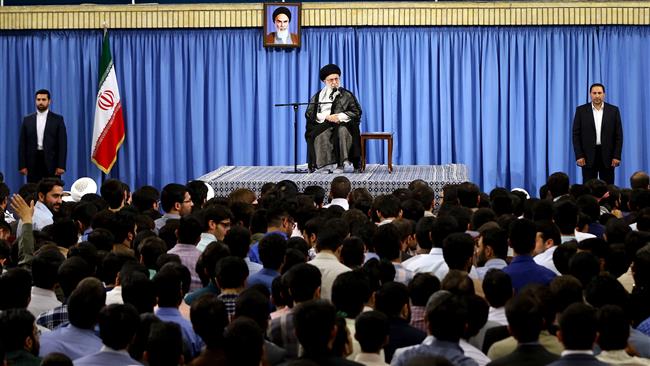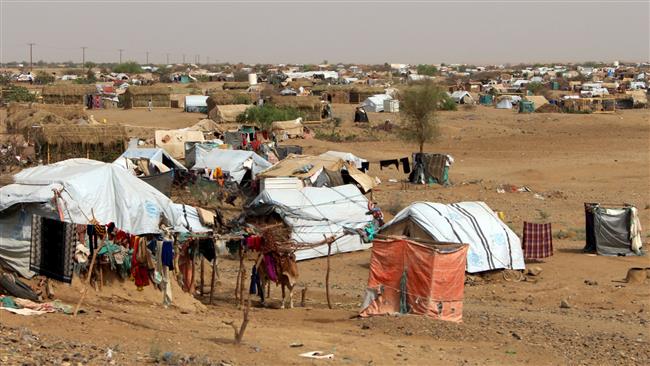Associated Press: Child labor in Turkey high, almost 2 million children living in conditions of absolute poverty
In a recent report, the American news agency Associated Press has drawn attention to the severe poverty crisis in Turkey and its detrimental effects on children. The report underscores the plight of children who are denied the fundamental right to education and are instead forced to collect waste as a means of earning a livelihood.
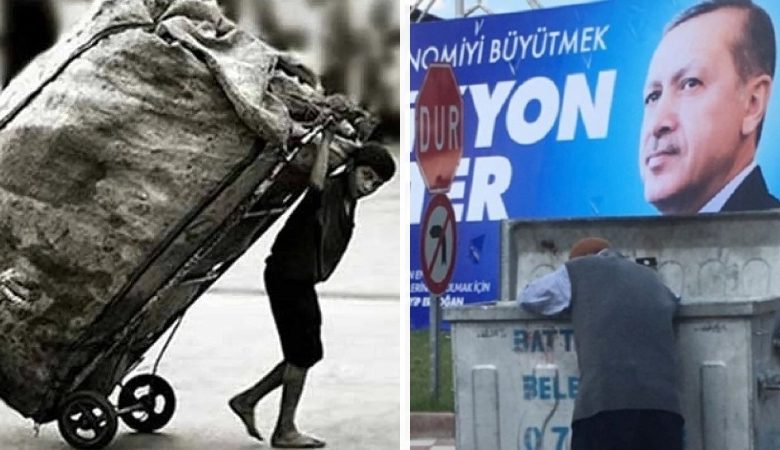
According to an Associated Press report, the Turkish lira’s devaluation, compounded by President Recep Tayyip Erdogan’s unconventional economic strategies, has led to soaring inflation levels in Turkey. This financial strain has left many families struggling to afford basic necessities such as food and housing, with some children compelled to work to support their households.
According to Pars Today, citing ISNA, a joint report by UNICEF and the Turkish Statistical Institute reveals that nearly 7 million of the 22 million children in Turkey are living in poverty as of 2023.
The Associated Press has reaffirmed in its recent report that families in Turkey, including children, are searching through garbage bins to collect recyclable materials as a means to earn a modest income.
According to the report, Turkish households are struggling to meet the financial demands of rent, utilities, and other essential expenses, while simultaneously facing difficulties in affording clothing, educational materials, and footwear for their children.
A recent report by the Associated Press highlights a disparity between Turkey’s projected image as a globally influential nation with a robust economy and an attractive hub for foreign investment, and the reality reflected in social issues within the country. Despite the Turkish government’s portrayal, vivid scenes of child labor and families scavenging for sustenance present a stark contrast to the narrative advanced by President Erdogan’s administration.
President Recep Tayyip Erdoğan, who has maintained his leadership for two decades, staunchly defends his party’s social initiatives, asserting that the days of prohibition, suppression, deprivation, and poverty have come to an end.
During his address at the G20 summit in November, the Turkish leader highlighted the nation’s robust social security framework, describing it as among the most comprehensive and inclusive globally. He affirmed Ankara’s commitment to maintaining this system until poverty is fully eradicated.
A Turkish family with four children receives approximately $170 in government assistance; however, this sum is entirely allocated to cover housing costs, leaving no remaining funds for the children’s direct benefit.
An Associated Press report indicates that many Turkish citizens perceive the actual rate of inflation to be significantly higher than official figures released by the government. Furthermore, government financial aid directed at low-income groups is viewed as having minimal impact on improving their living conditions.
Experts acknowledge that government assistance provided to millions of citizens falls short, forcing numerous parents into difficult decisions, such as choosing between paying house rent or purchasing clothing for their children.
Certain families find themselves facing a difficult decision, as they must choose between enrolling their children in school or employing them to contribute financially to the household.
Hajar Fugo, a prominent researcher and activist focused on poverty issues, has raised concerns regarding Turkey’s emerging “burnt generation,” comprised of children compelled to abandon formal education or participate in programs where they work four days a week, leaving only one day for study. These children reportedly earn only a small portion of the government’s minimum wage, highlighting troubling socioeconomic conditions.
A researcher has highlighted the plight of approximately 2 million Turkish children enduring conditions of absolute poverty. The researcher further criticized the so-called “education beside work” initiative targeting these children, arguing that it is not a genuine educational program but rather a strategy designed to secure cheap labor.
A recent report highlights the critical importance of early childhood education, indicating that children who miss out on educational opportunities in their formative years are at significant risk of stunted physical and intellectual development, potentially facing a lifelong cycle of deprivation.
**Keywords: Turkey, poverty**
Turkey Faces Ongoing Challenges with Poverty Rates
